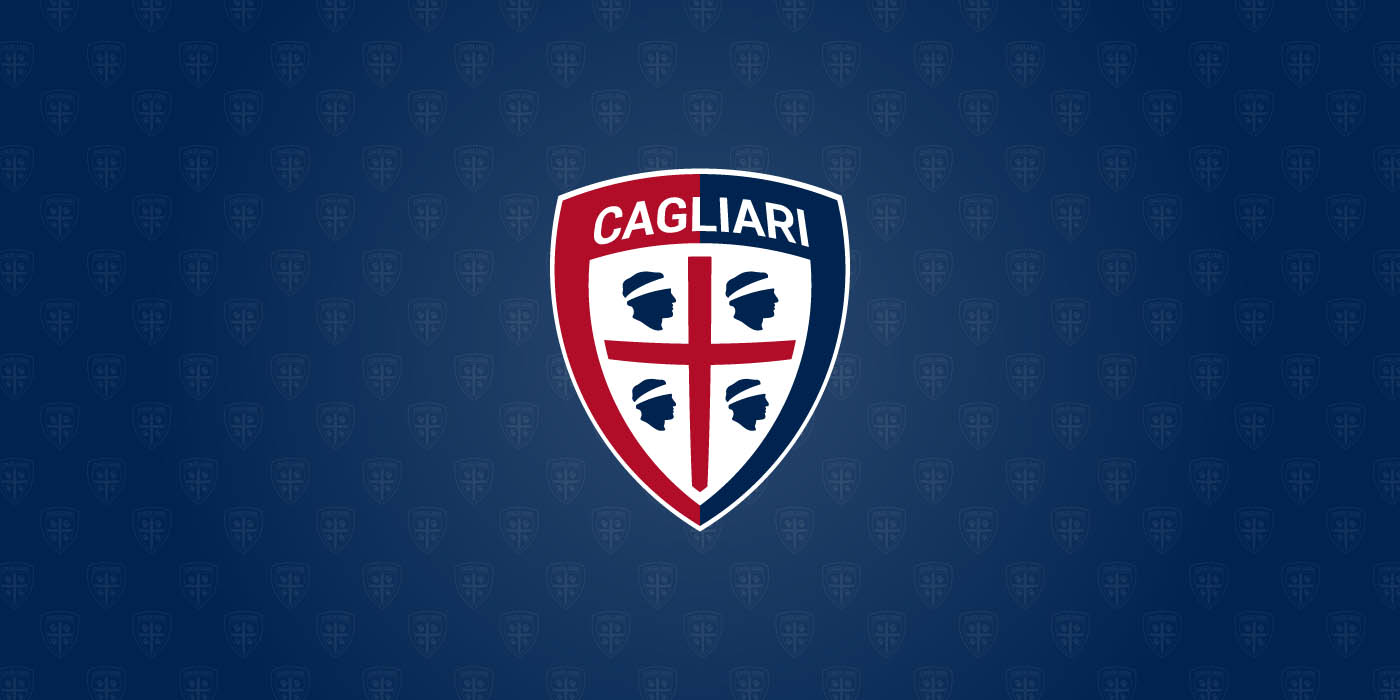Cagliari Calcio is not just a football club; it represents a rich tapestry of culture, passion, and history woven into the very fabric of Sardinia. Established in 1920, this club has become a symbol of pride for the local community and has garnered a loyal following over the decades. From its humble beginnings to its rise in the Italian football hierarchy, Cagliari Calcio has experienced triumphs and tribulations that have shaped its identity.
In this comprehensive article, we will explore the journey of Cagliari Calcio, examining its historical significance, key players, and memorable moments that have left an indelible mark on its fans. Whether you are a die-hard supporter or a newcomer to the world of Calcio, this article will provide insights into what makes Cagliari Calcio a beloved institution in Italian football.
Join us as we navigate through the club's illustrious past, current challenges, and future aspirations while celebrating the vibrant culture of football in Sardinia. Let's kick off our exploration of Cagliari Calcio!
Table of Contents
- History of Cagliari Calcio
- Biography of Cagliari Calcio
- Key Players in Cagliari Calcio's History
- Recent Performance and Achievements
- Fan Culture and Community Engagement
- Cagliari Calcio's Stadium: Unipol Domus
- Future Prospects for Cagliari Calcio
- Conclusion
History of Cagliari Calcio
Cagliari Calcio was founded on May 30, 1920, under the name Cagliari Foot-Ball Club. The club's initial years were spent competing in regional leagues before making its debut in Serie A in 1964. The 1960s would prove to be a defining decade for the club, culminating in their first and only Serie A title in 1970. Under the management of legendary coach Manlio Scopigno, Cagliari showcased a unique style of play, blending skill and determination, which led to their historic victory.
Over the years, Cagliari has navigated the ups and downs of Italian football, experiencing relegations and promotions. The club's resilience and ability to bounce back have endeared it to fans, reinforcing its status as a quintessential part of Sardinian culture.
Biography of Cagliari Calcio
| Full Name | Cagliari Calcio |
|---|---|
| Founded | May 30, 1920 |
| Stadium | Unipol Domus |
| Capacity | 16,500 |
| Colors | Red and Blue |
| Manager | Claudio Ranieri |
| League | Serie B |
| Notable Achievements | Serie A Champion (1970), Coppa Italia Winner (1968, 1971) |
Significant Milestones
- First Serie A appearance in 1964
- 1970 Serie A Championship victory
- Relegation to Serie B multiple times, with notable returns
Key Players in Cagliari Calcio's History
Cagliari Calcio has been home to numerous talented players who have made significant contributions to the club's success. Some of the most notable figures include:
- Gigi Riva: Often regarded as one of Italy's greatest strikers, Riva played a crucial role in Cagliari's 1970 championship win.
- Franco Colomba: A skilled midfielder who was instrumental in the club's midfield during the 1980s.
- Daniele Conti: A loyal servant to the club, Conti's leadership and skill helped Cagliari in various campaigns.
- Radja Nainggolan: A fan favorite, Nainggolan's dynamic playing style and passion for the club made him a key figure in the 2010s.
Recent Performance and Achievements
In recent years, Cagliari has faced challenges in maintaining its position in Serie A. After relegation in the 2020-2021 season, the club has been working hard to reclaim its spot in the top tier of Italian football. Under the management of Claudio Ranieri, Cagliari aims to strengthen its squad and implement strategies to improve performance.
Despite facing tough competition, Cagliari has shown resilience, and fans remain hopeful for a successful return to Serie A. The club's commitment to developing young talent and strategic acquisitions will play a crucial role in its future endeavors.
Fan Culture and Community Engagement
Cagliari Calcio enjoys a passionate and dedicated fan base that plays an essential role in the club's identity. The supporters, known as "tifosi," create a vibrant atmosphere during home matches at the Unipol Domus. The club's connection with the community extends beyond football, as Cagliari actively engages in various social initiatives and programs aimed at promoting sports and well-being among the youth.
Cagliari Calcio's Stadium: Unipol Domus
The Unipol Domus, formerly known as the Sant'Elia Stadium, has been the home of Cagliari Calcio since 2019. With a seating capacity of 16,500, it provides an intimate setting for fans to witness the action. The stadium underwent significant renovations to enhance the matchday experience, making it a modern venue while preserving its historical significance.
Future Prospects for Cagliari Calcio
Looking ahead, Cagliari Calcio aims to solidify its position in Serie B and work towards a promotion back to Serie A. The management has outlined a vision for sustainable growth, focusing on youth development and strategic investments in the squad. With the support of its loyal fan base and a commitment to excellence, the club is poised for a promising future.
Conclusion
Cagliari Calcio is more than just a football club; it is a symbol of pride for the people of Sardinia. From its historic triumphs to the challenges it faces today, Cagliari embodies the spirit of resilience and determination. As the club continues to evolve, it remains deeply rooted in its community and committed to its supporters.
We invite you to share your thoughts about Cagliari Calcio in the comments below and to explore more articles on our site for an in-depth look at the world of football.
Thank you for joining us on this journey through the history and future of Cagliari Calcio. We hope to see you back for more exciting content!
The Divorcée's Dessert Cafe: A Sweet Escape For The Heartbroken
Understanding Abbott Stock Price: Trends, Analysis, And Projections
Investing In SunPower Stock: A Comprehensive Guide To Solar Energy Investment


